Books
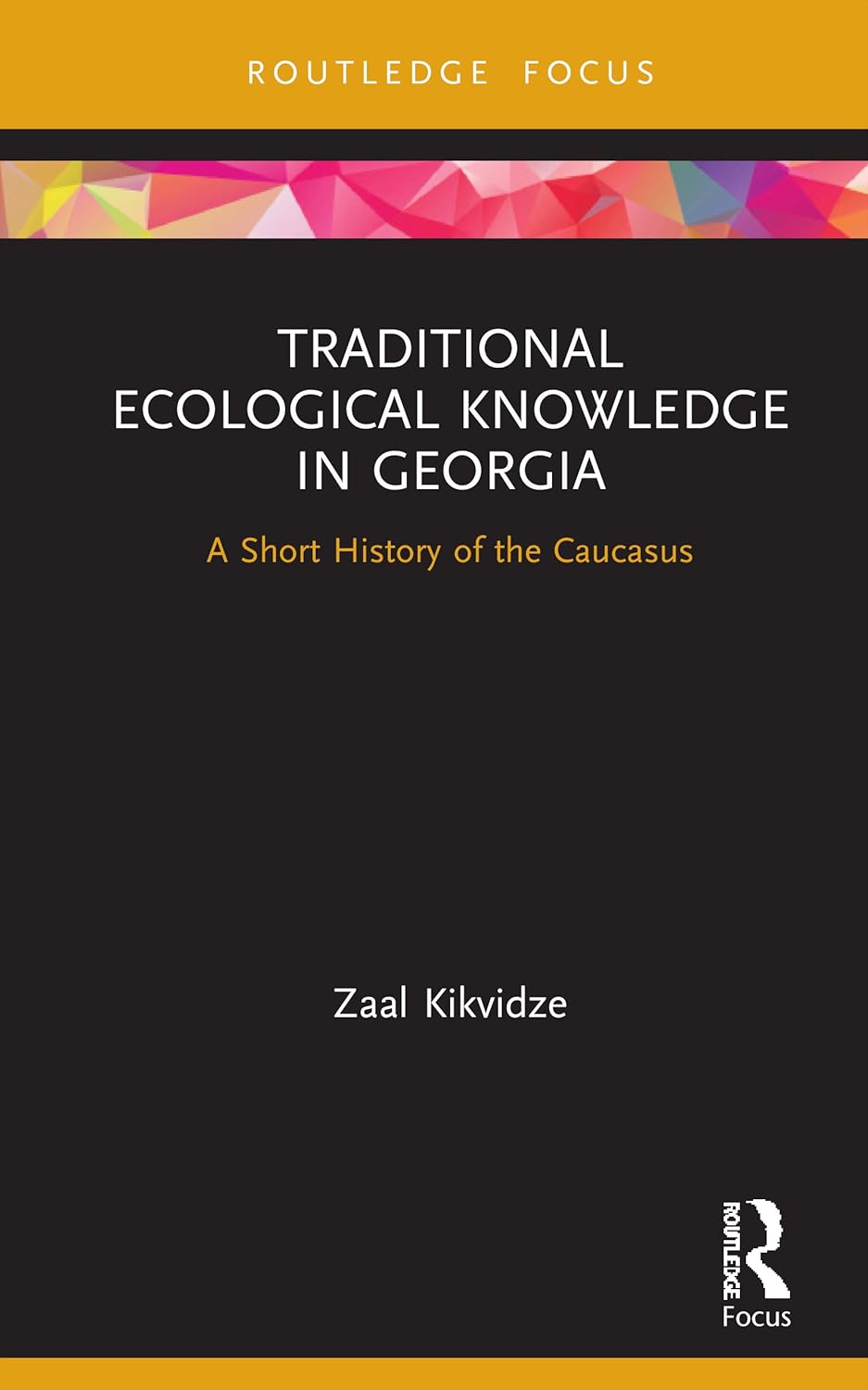
Traditional Ecological Knowledge in Georgia: A Short History of the Caucasus
2022
Author(s): Kikvidze Z
This multidisciplinary book develops a synthesis of traditional ecological knowledge in the Caucasus region in Georgia â a hotspot of natural and cultural diversity.
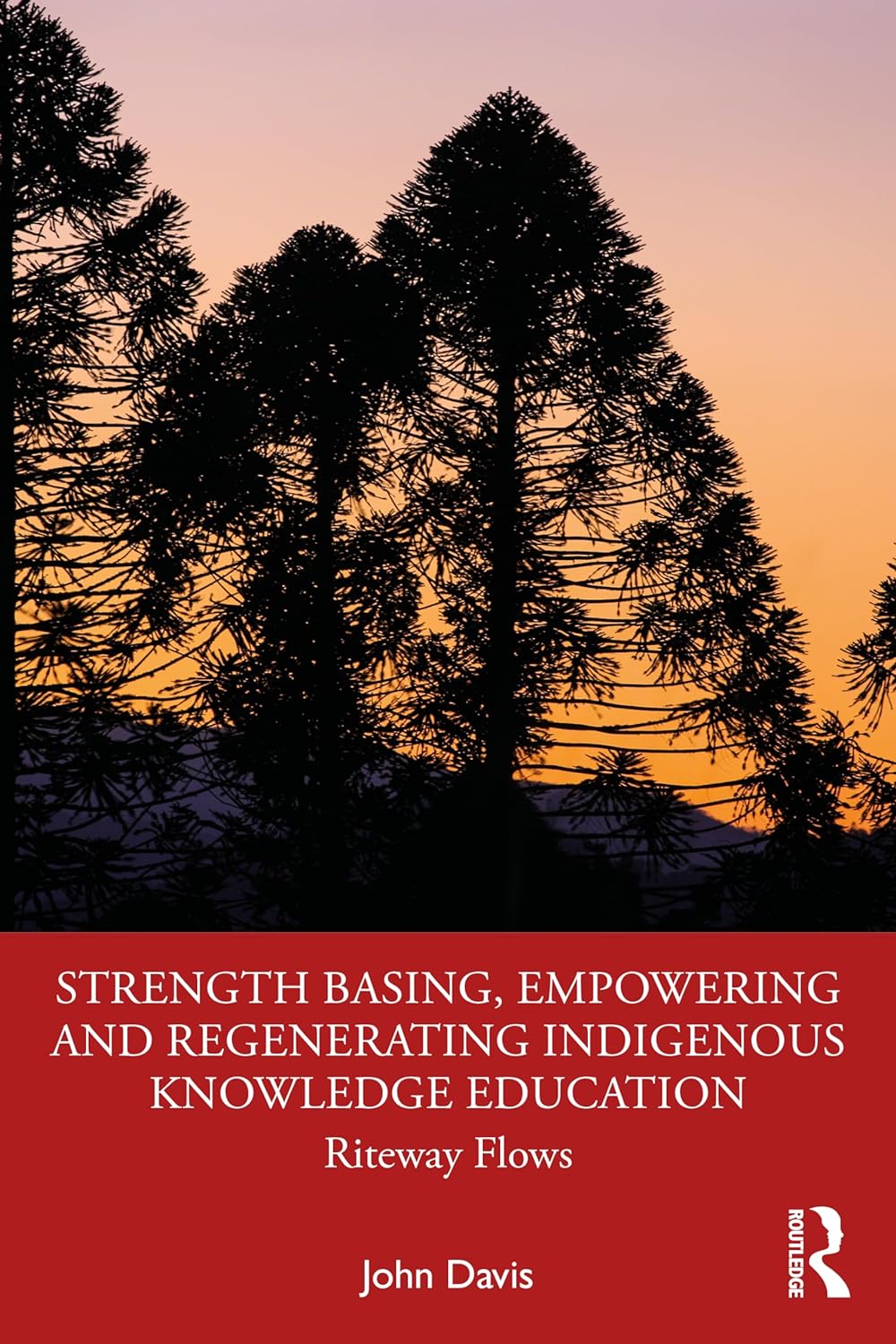
Strength Basing, Empowering and Regenerating Indigenous Knowledge Education: Riteway Flows
2024
Author(s): Davis J
The book demonstrates how to bring Indigenous Knowledges to the forefront of education practice and provides educators with the tools to enact culturally responsive curricula and pedagogies, ensuring positive educational outcomes for Aboriginal and Torres Strait Islander children and students.
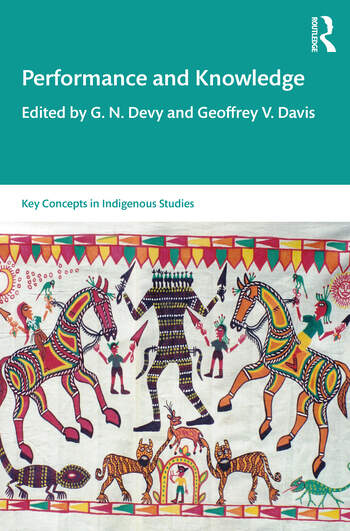
Performance and Knowledge: Key Concepts in Indigenous Studies
2021
Author(s): Devy G N, Davis G V
This final volume in the five-volume series deals with the two key concepts of performance and knowledge of the indigenous people from all continents of the world.
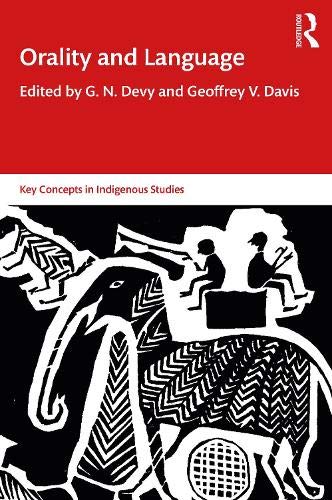
This book, the fourth in a five-volume series, deals with the two key concepts of language and orality of indigenous peoples from Asia, Australia, North America and South America.
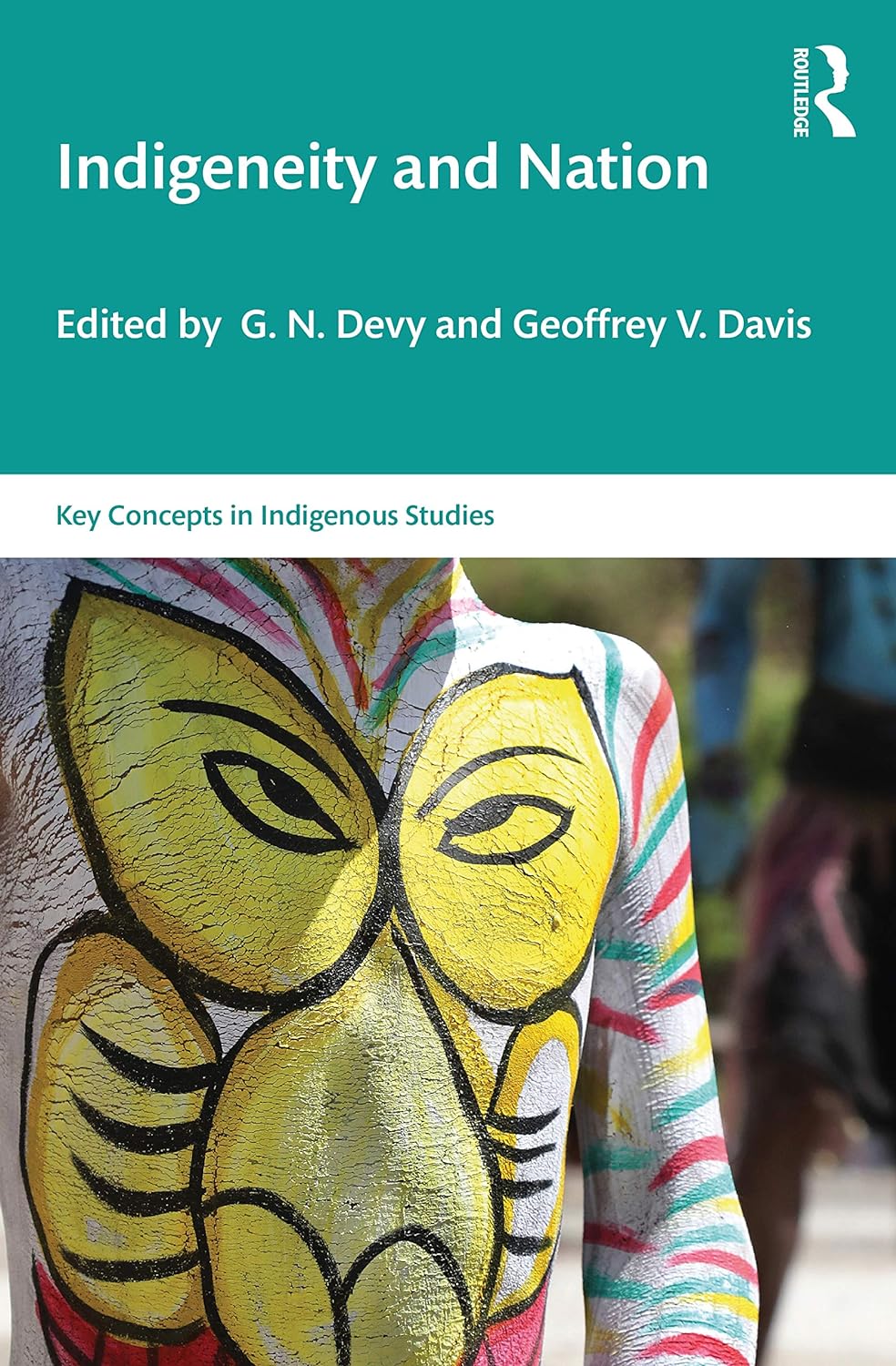
Indigeneity and Nation: Key Concepts in Indigenous Studies
2020
Author(s): Devy G N, Davis G V
The book, the third in a five-volume series, deals with the two key concepts of indigeneity and nation of indigenous people from all the continents of the world.
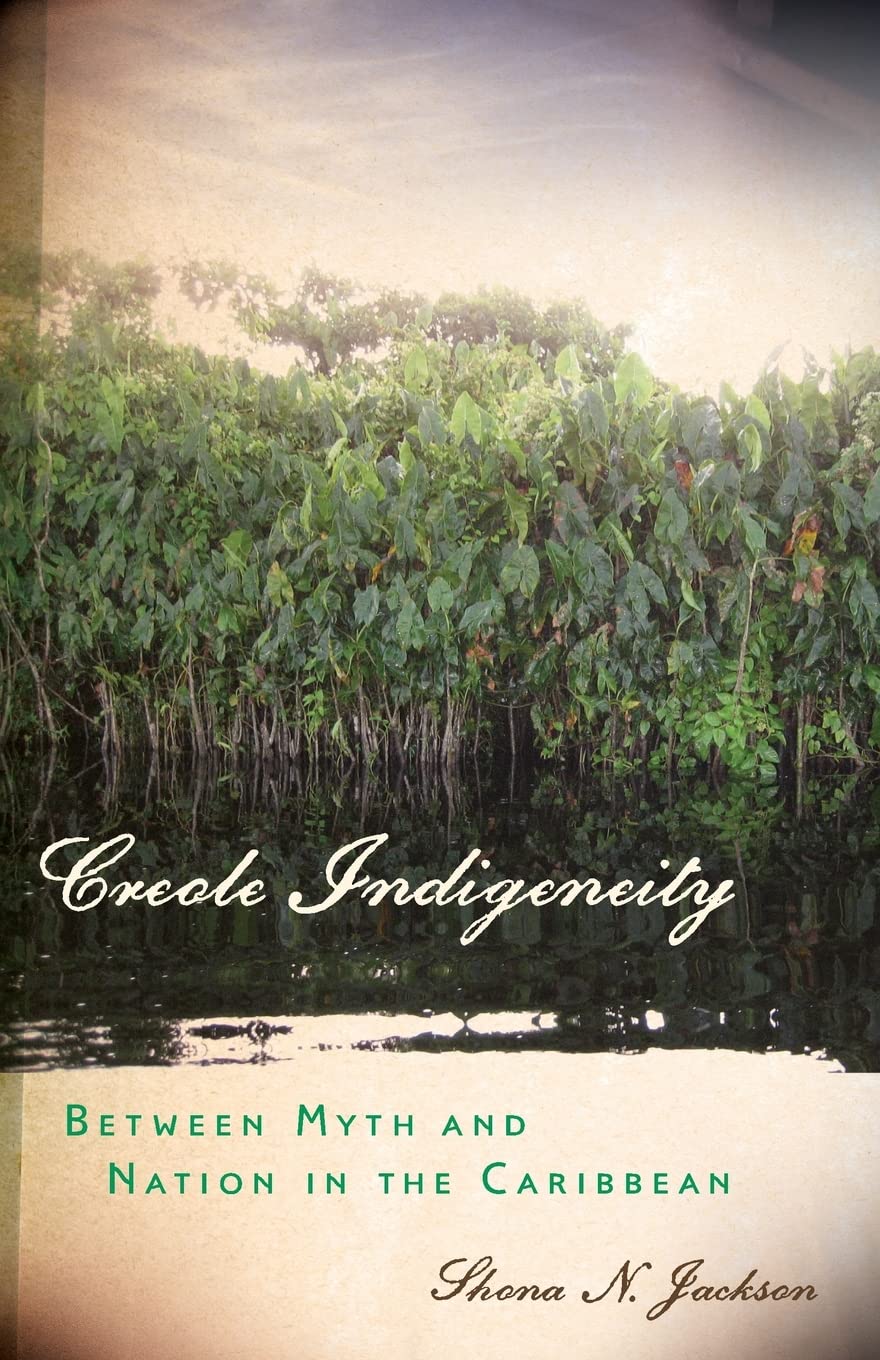
In this book the author explores aboriginal and Creole identities in Guyanese society. Through government documents, interviews, and political speeches, she reveals how Creoles, though unable to usurp the place of aboriginals as First Peoples in the New World, nonetheless managed to introduce a new, more socially viable definition of belonging, through labor.
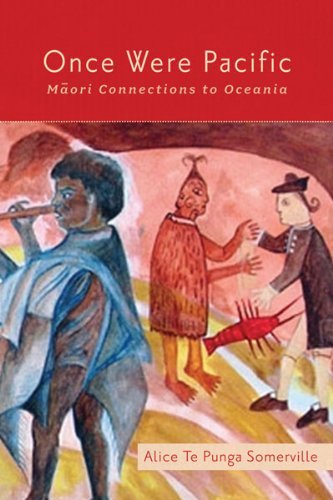
The book explores the relationship between indigeneity and migration among MÄori and Pacific peoples. It considers how MÄori and other Pacific peoples frame their connection to the ocean, to New Zealand, and to each other through various creative works. In this sustained treatment of the MÄori diaspora, the author provides the first critical analysis of relationships between Indigenous and migrant communities in New Zealand.
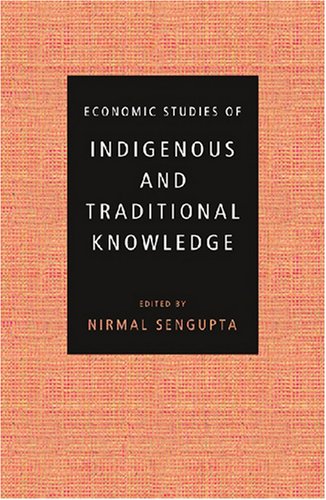
This book deals with the traditional and indigenous knowledge of the common men and women of Indiaâtribal and Dalit populations, fisher folk, craftsmen, artisans, and leather workersâwhich includes their agriculture, housing, and irrigation methods; medicinal knowledge; methods for collecting drinking water and arts.
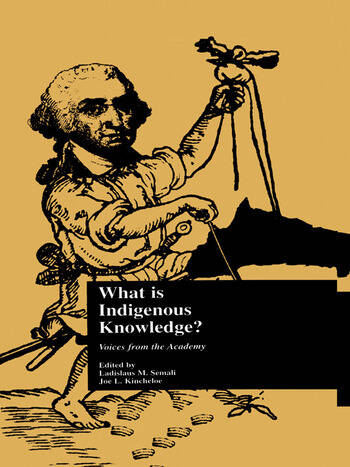
What is Indigenous Knowledge? Voices from the Academy
1999
Author(s): Semali L M, Kincheloe J L, Kincheloe J L, Semali L M
The book not only exposes the fault lines of modernist grand narratives, but also illuminates, in a vivid and direct way, what it means to come to subjectivity in the margins.
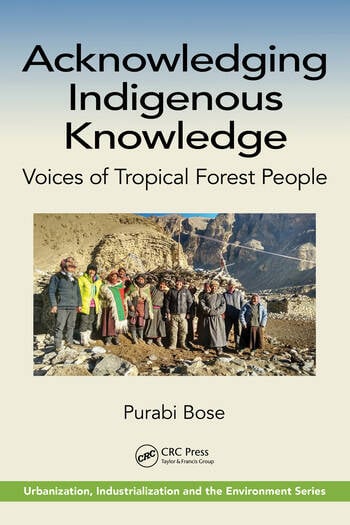
This book explores how the landscapes in indigenous territories are rapidly changing due to increased global industrial demand. This deforestation and urbanization has isolated the Indigenous People from practising 'traditional ways of life.' Portrayed in the book are the Indigenous People's perspective of their Indigenous Knowledge about the enviornment, and why losing IK is a threat to humans, wildlife and nature.



